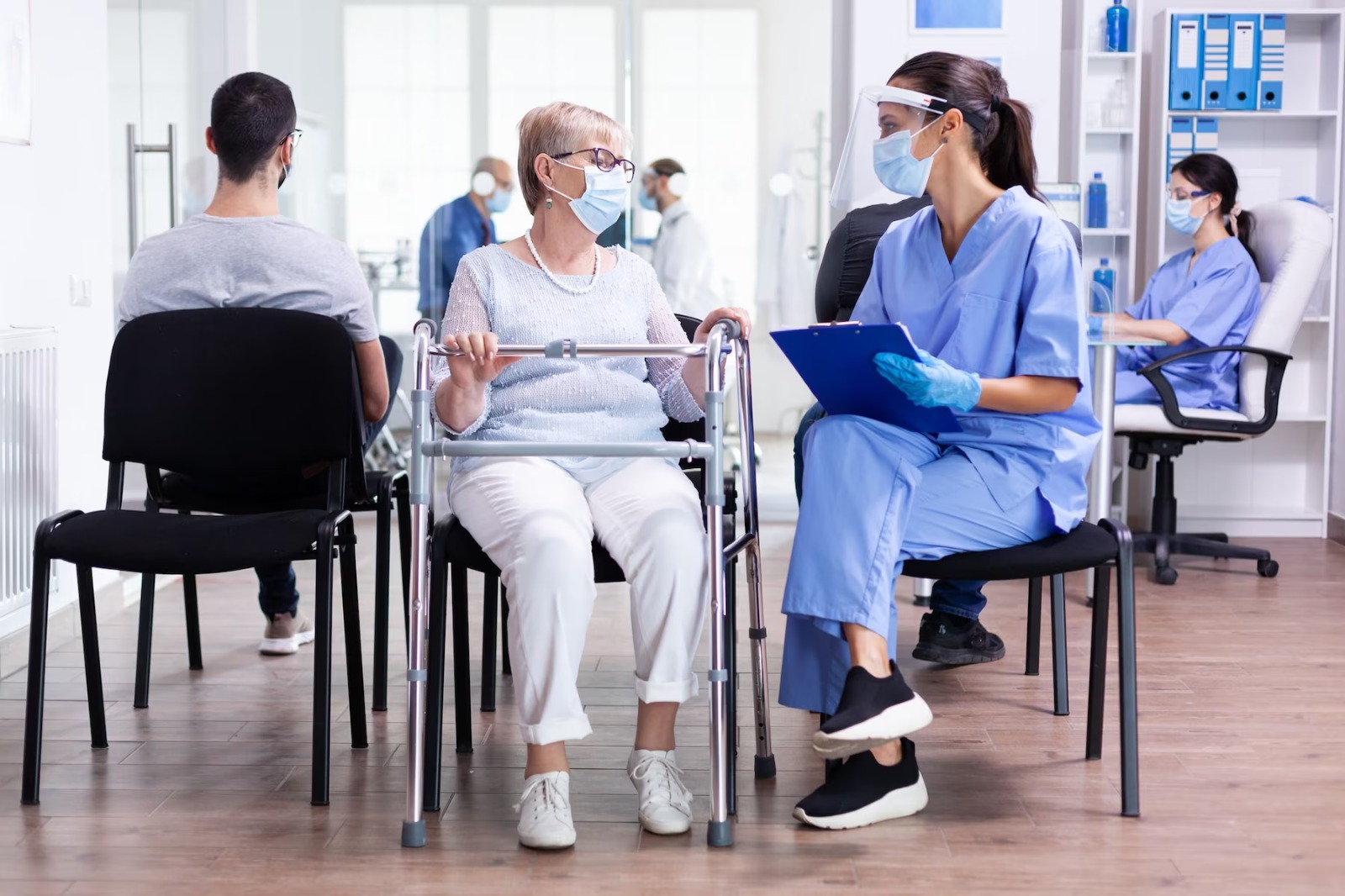


COEBMS is an initiative aimed at standardisation of patient safety and quality of life improvement at the highest level measured from data shared through national registry based on the management outcomes..
FMBS is a first of its kind one year clinical fellowship program with extensive well structured syllabus involving didactic lectures, webinars, clinical attachment and dissertation with final assessment before certification..
Enroll for regular upcoming scientific events, conferences, workshops, journal and other educational offerings, archived webinars and share your priced videos and publications through our Virtual Academy portal..


Join or Renew your membership to take advantage of member-only benefits of a dedicated page to handle your professional profile, manage your academic activities, maintain your registry, and access our journal.
This 8-week certification course jointly run by OSSI & IFSO aims to build physicians/surgeons/dieticians/psychologists for providing integrated care of obesity and sensitised to bariatric surgery to bridge this gap..
View, share and enroll for upcoming scientific events, conferences, journals, live surgical streaming and other educational offerings through our Virtual Academy portal and access claimed credits from previous events..